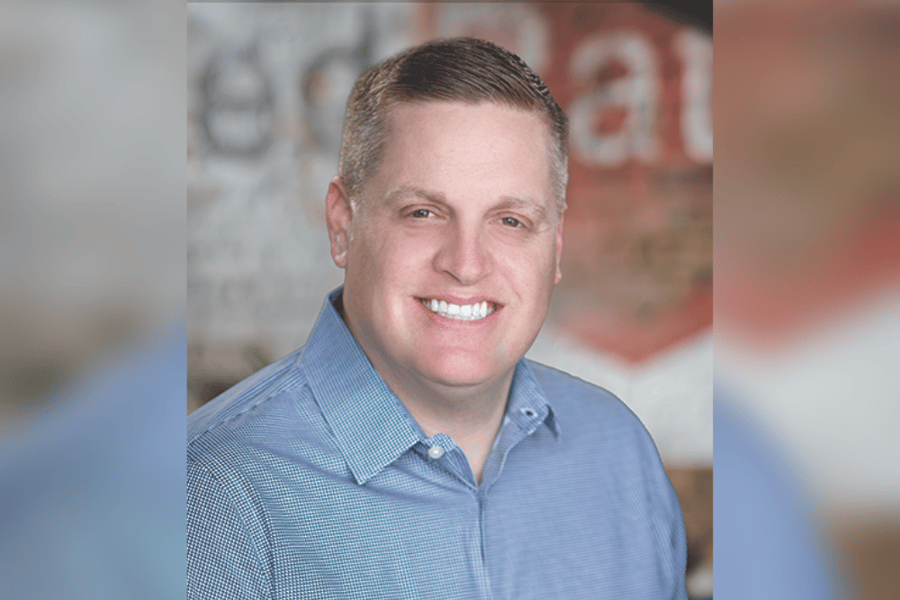GameStop saga highlights how mortgage professionals need to manage clients' sudden wealth from day trading

Most in the business media world have been watching the GameStop story evolve in the past few days. The (somewhat simplified) David vs Goliath narrative of coordinated retail investors organizing online to bring down multi-billion-dollar hedge funds is hard to look away from. One of the many underlying stories of this improbable rise, and more recent turn towards acrimonious struggle, has been what investments in a stock like GameStop has done for ordinary investors. Reading through the Reddit message boards on r/wallstreetbets you can see people posting about using their sudden windfall to pay off student loan debts, help their siblings pay medical bills, fix their car or put a down payment on a house.
But what should mortgage pros do when a prospective borrower calls them up, flush with cash from a stock market rally and ready to turn that into a home purchase? To find out, MPA spoke with Jonathon Auer (pictured), senior VP of mortgage lending for Guaranteed Rate in Plymouth, Michigan, who works primarily with financial advisors as his referral partners. He noted that with the rise of free trading apps like RobinHood he’s seen a few more prospective buyers coming to him with cash windfalls. Though those opportunities are few and far between, he explained some of the key steps mortgage pros need to take in situations like these.
“I’m not a tax accountant or a financial advisor but I always let them know that they should speak with their CPA or whoever does their taxes,” Auer said. “Because with big wins in the market that are small and short there are different capital gains taxes. The borrower will want to account for that stuff instead of just putting it on the down payment - when tax time comes, they could have some serious repercussions. We don’t want to put them in a negative situation, we want to make sure that they’re aware of all angles, especially their tax liabilities, before we actually dig deep into what they can afford and what they should put as a down payment in situations like this.”
Read more: How many renters owe their landlords back rent
There’s an element of expectation management that comes with Auer’s approach. Making money on crazy swings in the stock market is a bit mania-inducing. After a dramatic roller-coaster ride, an investor sees a huge win and starts imagining all the ways it will change their life. It’s Auer’s job as a mortgage originator to temper those expectations while capturing that optimism.
His strategy is to simply be upfront with the borrower about what they can afford, what they might owe in tax, and how big cash windfalls are treated in the mortgage application process. Capital gains, for instance, can’t be treated as income unless there’s a three-year track record of capital gains serving as income.
Moments like this could also serve to drive a wedge between an originator and their financial advisor referral partners. Where the client might want to put their stock winnings in a house, their advisor might be urging them to reinvest. Auer addresses this by working closely with the advisor and communicating with them, to offer the client solid advice while ensuring the referral relationship remains strong. They might agree, for example, to using less of the stock windfall as a down payment given the current low-rate environment.
Read more: Three steps to building a better brand
Auer believes that in these situations, originators need to serve as trusted advisors and work with the other professionals assisting in the client’s financial wellbeing to ensure they make the right decision.
“I would advise all borrowers to consult with their accountant or advisor,” Auer said. “It’s important to know that sometimes the $40,000 you just made from a $1,000 investment isn’t going to be all yours. You have to worry about Uncle Sam and other things from different angles. As an originator, you never want to put someone in a situation where they can’t afford something. Talk to borrowers about those risks and make sure they understand them.”



